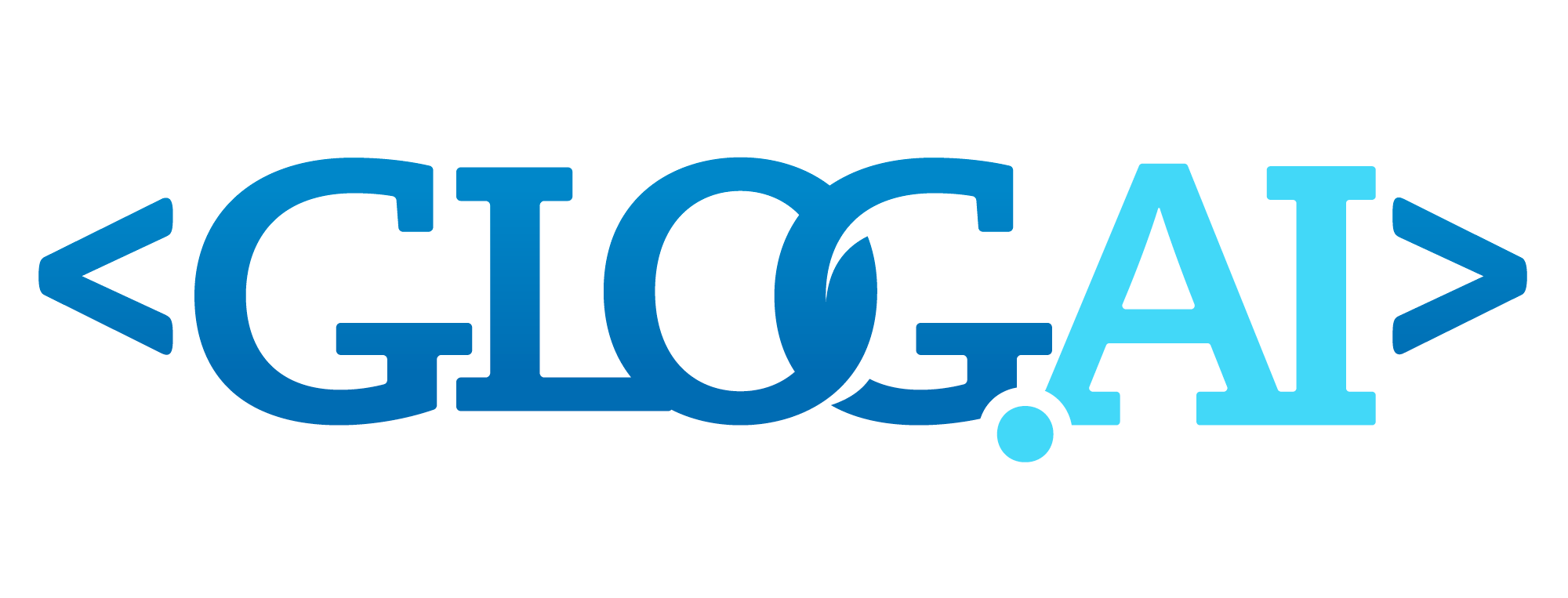Glog.AI is capable of detecting a wide range of security vulnerabilities in software code. Here are some of the key types it can identify, among hundreds of them:
- Injection Flaws: Such as SQL injection, where malicious code is inserted into a query to manipulate the database.
- Cross-Site Scripting (XSS): Where attackers inject malicious scripts into web pages viewed by other users.
- Broken Authentication and Session Management: Issues that allow attackers to compromise passwords, keys, or session tokens.
- Insecure Direct Object References: Where attackers can access unauthorized data by manipulating references.
- Security Misconfiguration: Flaws due to improper configuration of security settings.
- Sensitive Data Exposure: Vulnerabilities that lead to the exposure of sensitive information.
- Cross-Site Request Forgery (CSRF): Where attackers trick users into performing actions they did not intend.
- Using Components with Known Vulnerabilities: Identifying outdated or vulnerable libraries and frameworks.
- Insufficient Logging and Monitoring: Issues that hinder the detection of security breaches.
Glog.AI leverages advanced AI and machine learning to detect these vulnerabilities accurately and provide context-aware remediation advice, making it easier for developers to address them effectively.
Would you like to dive deeper into any specific type of vulnerability or learn more about how Glog.AI provides remediation advice? Have a look at:
